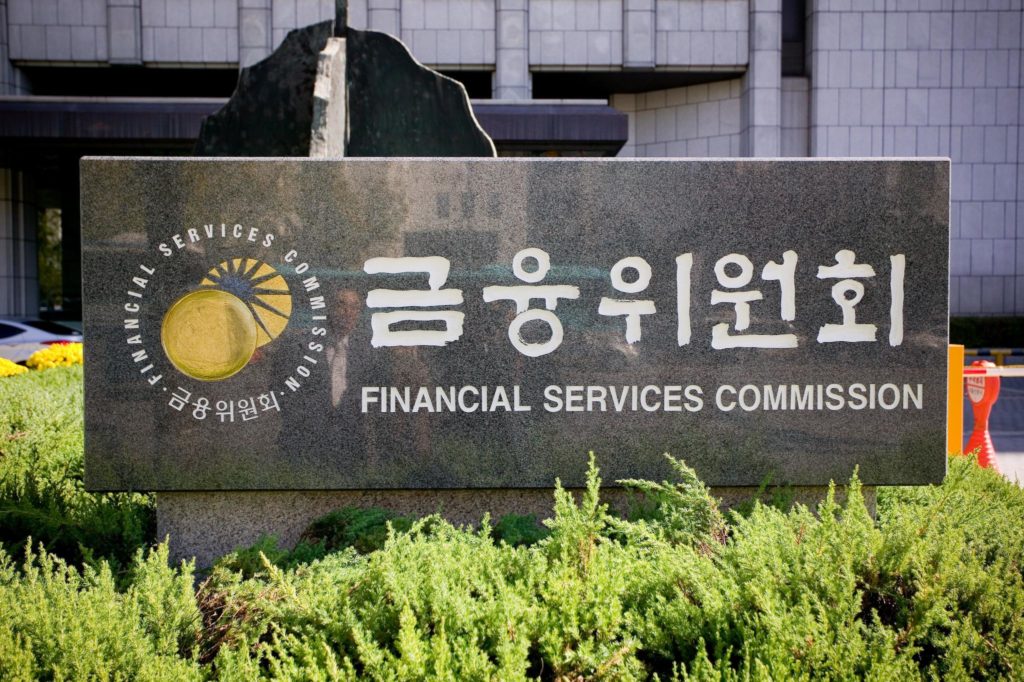
South Korea Proposes Regulatory Reforms Impacting Crypto Executives and Operations
South Korea’s Financial Services Commission (FSC) is spearheading substantial amendments to the reporting requirements for virtual asset service providers (VASPs), with a focus on regulating the hiring of executives in the crypto sector. The proposed changes, expected to go into effect by the end of March 2024, aim to enhance oversight and grant the FSC authority over personnel changes within the crypto industry.
The core of the proposed reforms revolves around requiring regulatory approval for executives before commencing their roles in crypto companies. This move signifies a significant shift, empowering the FSC to scrutinize and authorize personnel changes. The objective is to ensure a more robust governance framework in the evolving crypto landscape.
Companies seeking to renew their VASP licenses will face heightened scrutiny under the proposed rules. The FSC will wield the authority to suspend license reviews if any personnel associated with the crypto firm is under investigation by local or international regulatory bodies. This strategic move underscores the regulator’s commitment to maintaining integrity and compliance within the crypto space.
The proposed amendments are currently under review by the Ministry of Government Legislation and are expected to undergo a voting process by the FSC. If approved, the reforms will be effective by the end of March 2024. This timeline allows for careful consideration of the proposed changes, aligning with the broader strategy of enhancing regulatory oversight in the crypto sector.
In a bid for transparency and inclusivity, the FSC is actively seeking public feedback on the proposed amendments until March 4, 2024. This approach emphasizes the collaborative nature of regulatory developments, considering the diverse perspectives within the crypto community.
The proposed reforms coincide with South Korea’s broader efforts to tighten regulations within the crypto space. Recent legislative initiatives, such as addressing concerns related to crypto mixers, demonstrate the government’s commitment to curbing illicit activities and ensuring a secure financial environment.
South Korea’s regulatory actions align with global trends, particularly the United States’ stringent measures regarding transactions involving crypto mixers. By staying attuned to international discussions and trends, South Korea aims to develop a comprehensive strategy against the misuse of crypto-related tools.
The regulatory push is also evident in the FSC’s ban on the use of credit cards for purchasing cryptocurrencies, addressing concerns about the illegal outflow of domestic funds and potential risks associated with money laundering. This multifaceted approach reflects the government’s proactive stance in safeguarding the financial system from emerging threats.





